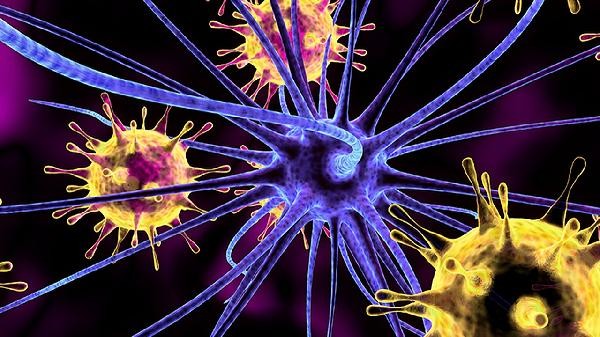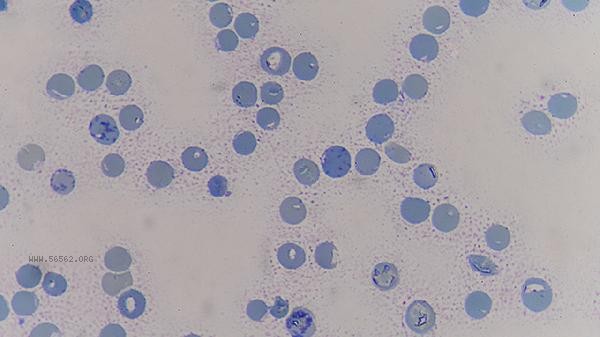Elevated red blood cells are mostly not related to cancer and may be caused by factors such as altitude sickness, dehydration, chronic hypoxia, polycythemia vera, or kidney disease. Early cancer usually does not directly lead to a significant increase in red blood cells.

1. High altitude sickness:
Long term exposure to high altitude areas can lead to hypoxia in the human body, stimulating the compensatory production of more red blood cells in the bone marrow to adapt to the hypoxic environment. This situation belongs to physiological regulation, and after returning to the plain, the indicators can gradually return to normal without the need for special treatment. 2. Dehydration state: When experiencing severe diarrhea, excessive sweating, or insufficient water intake, blood concentration can cause a relative increase in red blood cells. After supplementing electrolyte solution and water, blood dilution can improve the indicators, and usually a decrease in values can be seen within 24 hours of re examination.
3. Chronic hypoxia:
Chronic obstructive pulmonary disease, sleep apnea, and other diseases can cause long-term hypoxia in the body, leading to increased secretion of erythropoietin. These patients may experience symptoms such as cyanosis of the lips and shortness of breath after physical activity, which need to be improved through oxygen therapy or treatment of the underlying disease.
4. Polycythemia vera:

This is a bone marrow proliferative tumor characterized by autonomous excessive proliferation of red blood cells, which may be accompanied by synchronous elevation of platelets and white blood cells. Patients are prone to symptoms such as headache, dizziness, and skin itching, which need to be controlled through bloodletting therapy or medication such as hydroxyurea.
5. Kidney diseases:
Kidney cysts, renal cancer, and other kidney diseases may secrete erythropoietin abnormally. This type of patient needs to be diagnosed with ultrasound or CT examination, and about 15% -20% of kidney cancer patients will experience secondary erythrocytosis.
It is recommended that individuals with persistently high red blood cell counts undergo comprehensive erythropoietin testing, bone marrow aspiration, and imaging examinations. It is recommended to maintain 2000 milliliters of water per day, avoid smoking and staying in a closed environment for a long time, and regularly monitor changes in blood routine. If accompanied by warning symptoms such as sudden weight loss, persistent low-grade fever, or lymph node enlargement, it is necessary to investigate the possibility of malignant tumors. High altitude residents or athletes can undergo hemoglobin electrophoresis once a year to identify hereditary polycythemia.










Comments (0)
Leave a Comment
No comments yet
Be the first to share your thoughts!